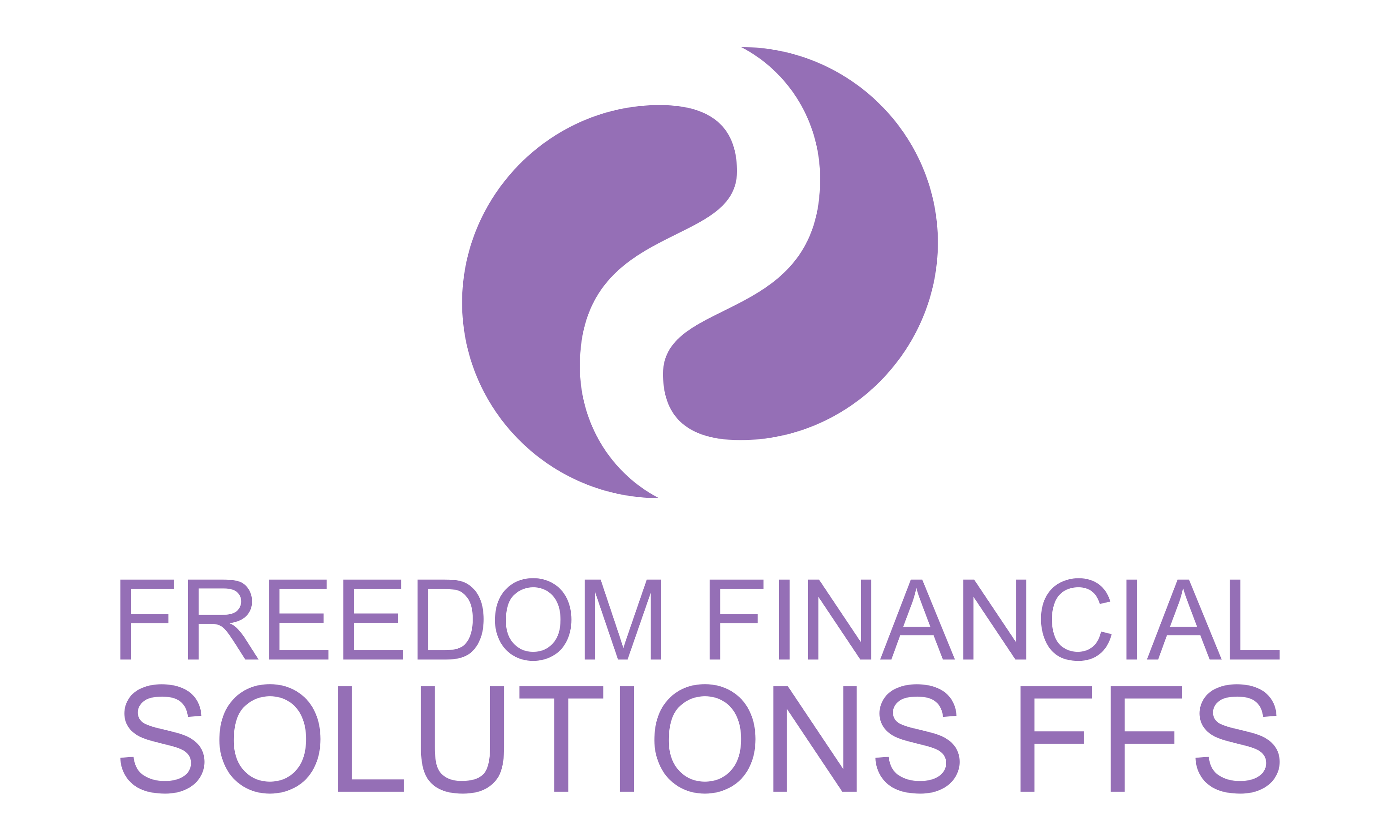When you set up a self-managed super fund (SMSF), bare or other trust, you will be asked to sign the establishment documents in ‘wet ink’. This simply means you have to use a pen and physically sign the paper version of the document, which then becomes the ‘original.’
This is a legal requirement and some organisations, particularly banks, use specialist technology to identify where a signature may not have been signed by pen by a living man or woman. The technology can even pick up where a wet ink signature has then been scanned and pasted on an electronic copy of the document. If they discover this, they will reject your documents and you will have to re-do them.
It is vital therefore that you
- sign your original SMSF documents correctly in ‘wet ink’, and
- keep them safe.
When making investments, you will be asked to provide either your original SMSF documents, or a certified copy, in which case the JP will want to see the original before certifying them.
A recent court case has highlighted the duty of trustees to know the terms of the trust deed. “The starting point in discharging this duty is to at all times retain the original wet…signed trust instrument safe and securely.” Read more about this case here.
If you have lost your original documents, ask your accountant to organise a replacement deed as soon as possible.
If you’d like to refresh your memory about SMSF establishment documents, read that section of our FAQs here.
